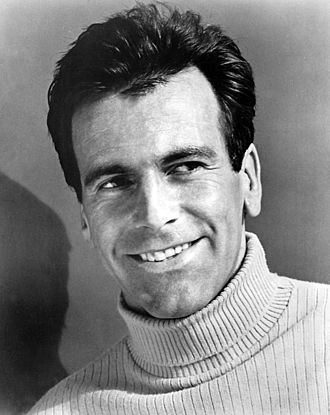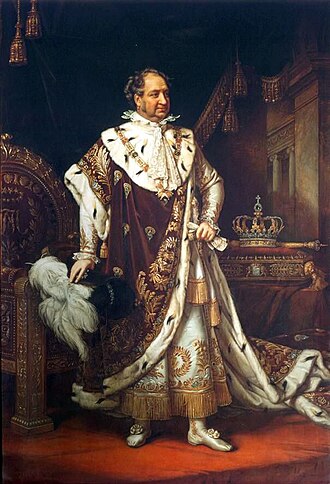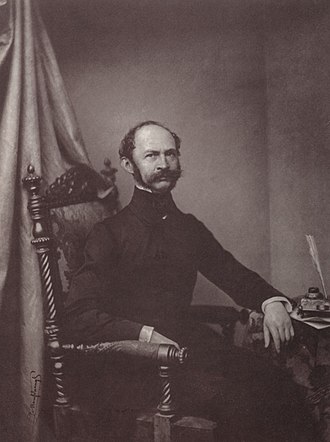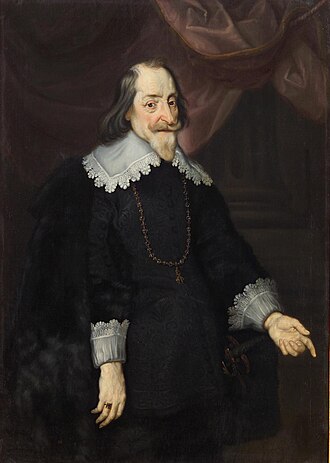Discover Your Roots
SIGN UPDiscover Your Roots
SIGN UPMaximilian is a male name of Latin origin, meaning "Greatest." It is a historically significant name, borne by various monarchs, saints, sportspeople, academics, artists, and other notable individuals. The name "Max" is often used as a shortened form of Maximilian. Notable figures include Maximilian I, Holy Roman Emperor, Maximilian Kolbe, a Polish martyr, and Maximilian Schell, an Austrian-born Swiss actor. In addition, the name has been associated with fictional characters such as Maximillian from the Disney film "The Black Hole" and Maximilian Veers, an Imperial general in "The Empire Strikes Back." Maximilian is a name rich in history and has been embraced by individuals from diverse backgrounds and fields of expertise.

Maximilian Schell (8 December 1930 – 1 February 2014) was a Swiss-born actor known for his versatile performances in film, television, and on stage. His career spanned over several decades and he achieved international acclaim for his roles in a variety of genres. Schell's breakthrough came with his Academy Award-winning performance as a lawyer in the historical drama "Judgment at Nuremberg" (1961), which showcased his compelling talent and depth as an actor. He further solidified his reputation with Oscar-nominated roles in "The Man in the Glass Booth" (1975) and "Julia" (1977), demonstrating his ability to portray complex characters with captivating authenticity. Fluent in both English and German, Schell was renowned for his portrayal of characters set against the backdrop of Nazi-era themes, as well as his contributions to notable films such as "Topkapi" (1964), "The Odessa File" (1974), and "A Bridge Too Far" (1977).Beyond the silver screen, Schell's talent extended to television, where he garnered critical acclaim for his performances in various productions, including "Miss Rose White" and "Stalin," earning Primetime Emmy Award nominations and a Golden Globe Award. His versatility was further showcased through his portrayal of historical figures such as Otto Frank in "The Diary of Anne Frank" (1980) and Russian emperor Peter the Great in the NBC series "Peter the Great"

Maximilian I Joseph (1756–1825) was a prominent figure in Bavarian history, serving as Duke of Zweibrücken, prince-elector of Bavaria, and ultimately the King of Bavaria. Born in Schwetzingen, Maximilian received a comprehensive education under the supervision of his uncle, Duke Christian IV of Zweibrücken. His military career saw him rise through the ranks, serving in both the French and Austrian armies during the French Revolutionary Wars. Upon succeeding his brother as Duke of Zweibrücken in 1795, Maximilian went on to become Elector of Bavaria and Count Palatine of the Rhine in 1799. As the King of Bavaria from 1806 until his death in 1825, he made significant contributions to the state's development, including the reconstruction of the Bavarian army and the implementation of progressive policies in areas such as agriculture, commerce, and education. Maximilian's political maneuvering during the Napoleonic era and his eventual alliance with the Allies at the Battle of Leipzig shaped Bavaria's territorial acquisitions and concessions. His legacy as a monarch who navigated the complexities of European politics and contributed to Bavaria's growth and stability endures to this day.

Maximilian II (28 November 1811 – 10 March 1864) was a popular and influential King of Bavaria who reigned from 1848 to 1864. Born in Munich, he was the eldest son of the Crown Prince of Bavaria and his wife Therese of Saxe-Hildburghausen. Known as "King Max," he prioritized the business of government over personal extravagance and restored stability in Bavaria during the German Revolution of 1848. Throughout his reign, he sought to maintain Bavarian independence during the wars of German Unification and transform Munich into a cultural and educational city. Maximilian II was a patron of the arts and sciences, gathering an intimate society of artists and scholars in his residence at Hohenschwangau. He also promoted Bavarian national identity by financing studies of the region's folklore, costumes, dialects, and customs. In foreign policy, he attended the Frankfurt Assembly and aimed to maintain the union of the German princes. Maximilian II's moderate approach between liberalism and conservatism, as well as his efforts to play both Austria and Prussia against each other, shaped Bavaria's political landscape during his reign and beyond.

Maximilian I (17 April 1573 – 27 September 1651), also known as Maximilian the Great, was a significant figure of the House of Wittelsbach, serving as the Duke of Bavaria from 1597. His rule was defined by the tumultuous Thirty Years' War, during which he earned the title of a prince-elector of the Holy Roman Empire at the 1623 Diet of Regensburg. Maximilian's reign saw the consolidation of absolute rule in Bavaria, achieved by challenging the feudal rights of local estates (Landstände). A staunch Catholic, he played a pivotal role in the Counter-Reformation and founded the Catholic League of Imperial Princes. Notably, Maximilian seized the Upper Palatinate region and the Electoral Palatinate during the Thirty Years' War. The 1648 Peace of Westphalia solidified his control over the Upper Palatinate and the hereditary electoral title. Maximilian I was born in Munich and ascended to the throne in 1597. He married twice, first to Elisabeth Renata and later to Maria Anna of Austria, with whom he had two sons. Despite his fragile health, Maximilian was a determined and resourceful leader who aimed to safeguard Germany from becoming the battleground of Europe. His political acumen and defensive strategies shaped the course of German politics during the Thirty Years' War.

Maximilian Arnold, born on 27 May 1994, is a prominent German professional footballer renowned for his role as a defensive midfielder and captain of the Bundesliga club VfL Wolfsburg. Throughout his career, Arnold has showcased exceptional talent and dedication, making over 300 league appearances for the club. His journey with VfL Wolfsburg began as a young academy graduate, where he quickly made a name for himself as the club's youngest debutant in 2011. Arnold's remarkable skills and contributions have not only impacted his club's success but have also earned him recognition at the international level. He has represented Germany in various youth competitions and notably captained the U-21 side to victory at the 2017 UEFA European Under-21 Championship, showcasing his leadership and prowess on the field. With a remarkable career filled with milestones and achievements, Maximilian Arnold continues to be a standout figure in the world of football, captivating fans with his exceptional talent and unwavering passion for the sport.
All images displayed on this page are sourced from Wikipedia or Wikimedia Commons.We use these images under their respective Creative Commons or public domain licenses. Wherever applicable, author attributions and license information are provided. If you believe an image is used incorrectly or outside its license terms, please contact us so that we can review and correct the issue.